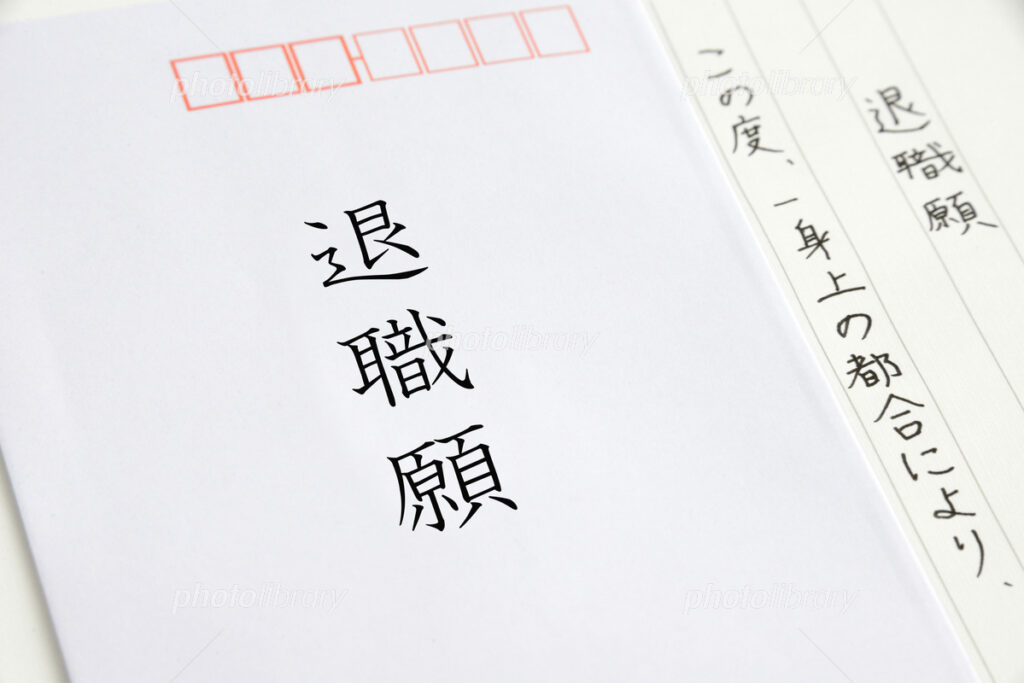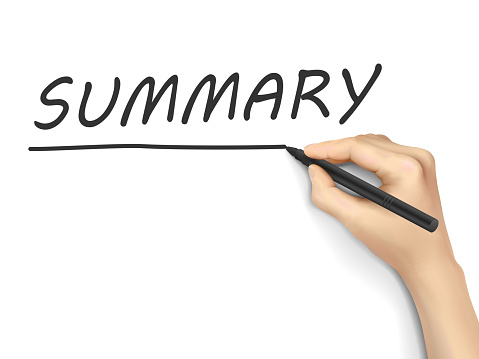2023.1.5
Questions that are always asked in interviews at Japanese companies and how to answer them

Communication skills do not mean N1 level Japanese language proficiency.
Communication skills are essential for the interview process in Japan.
Having high communication skills and being able to speak Japanese are completely different things.
In the case of foreign nationals, even if they have passed N1 and can speak fluent Japanese, many are rejected due to lack of communication skills.
What is important is not the Japanese language ability of N1, but the ability of communication skills.
In fact, there are many cases where even Japanese nationals are rejected due to lack of communication skills.
In this article, I will explain in detail what we Japanese think “communication is.
Please read the last part of the article as I will also share with you how to improve your communication skills.
What are the communication skills?

We will explain in simple terms the difference between having high communication skills and being able to speak Japanese.
High communication skills are
To be able to understand the intent of the other party’s question and answer in a short, clear and easy-to-understand manner.
I ask questions as a means to obtain the information I want.
High communication skills are the ability to understand the background of a question and to convey the information desired by the other party in an easy-to-understand manner.
Why did he/she ask such a question?
What does he/she want to know through this questioning?
If you can answer questions with these considerations in mind, you will be a person with high communication skills.
The bottom line is not to respond to questions in a way that is off the mark.
On the contrary, being able to speak Japanese is
To respond to a question in Japanese, regardless of whether or not the other party understands.
To be able to speak Japanese is to be able to talk about a lot of things you are not even listening to in response to the other person’s questions.
The result is that the speaker is rambling on and on, and in the end, we have no idea what he or she is trying to say.
They do not understand the questioning, do not understand the intent of the other party’s questioning, and simply respond in Japanese.
When interviewing for a job, a company wants to hire a person who understands the intent of his or her own questions and can answer them in Japanese in a short, simple, and easy-to-understand manner.
To improve your communication skills, it is a good idea to learn how Japanese people in the same company talk to each other at meetings.
They communicate from their conclusions, so you can understand what they are trying to say.
Let’s compare answers that have communication skills and answers that do not have communication skills using examples of questions you may be asked at interviews at Japanese companies in Japan.
Self-introduction

In the self-introduction, you will state your name and country of origin, your work in your home country, and your current work in Japan.
Let’s look at some good and bad examples.
〇GOOD
本日はお時間をいただきありがとうございます。
Thank you for your time.
日本から来ました田中太郎です。
My name is Taro Tanaka and I am from Japan.
母国では機械設計エンジニアとして自動車部品を設計していました。
In my home country, I worked as a mechanical design engineer designing automotive parts.
現在は自動車のプラスチック部品を設計しております。
Currently, I am designing plastic parts for automobiles.
どうぞよろしくお願いいたします。
I look forward to working with you.
It is easy to understand what kind of work they have done so far.
It is not necessary to explain in detail about your work in your self-introduction
Because you will be asked questions about your job later, you can explain them there.
Then here is a bad example.
×BAD
日本から来ました田中太郎です。
My name is Taro Tanaka and I am from Japan.
昔から機械が好きだったため、機械工学の大学に入学しました。
I have always loved machines, so I enrolled in a university program in mechanical engineering.
大学では車を一から作るプロジェクトに参加しました。
I participated in a project to build a car from scratch at my university.
私はマフラーを作りました。
I made a muffler.
この経験を活かしてマフラー設計会社に入りたいです。
I would like to use this experience to join a muffler design company.
日本の車はクオリティが高く、私自身とても勉強になります・・・
The quality of cars in Japan is very high, and I myself am learning a lot from them….
It is not a self-introduction, and the interviewer may wonder, “When is the interview over?
I understand your desire to convey your entire career history, but there is so much information that it is difficult to understand what you are trying to say.
Your self-introduction should be brief and to the point, taking no more than one minute.
Reason for change of occupation

In the “Reasons for changing jobs” section, you should provide specific reasons why you want to change jobs and why you must quit.
Let’s look at some good and bad examples.
〇GOOD
転職の理由は、スキルアップしたいからです。
The reason for changing jobs is because I want to improve my skills.
今の仕事ではコロナの影響でプロジェクトが少なくなり、月の半分が休みだったり、設計とは違うお仕事を担当しているため、今はあまり設計のお仕事はできません。
At my current job, I am not able to do much design work at the moment because I have to take a break for half of the month due to the Corona, and I am in charge of a different type of work than design design work.
スキルを落としたくないので、設計のお仕事をしたいと会社に相談しましたが、プロジェクトがなく設計のお仕事はできないと言われました。
I did not want to lose my skills, so I asked the company if I could work as a design engineer, but they told me that there were no projects and I could not work as a design engineer.
だから設計ができる会社に転職してスキルアップしたいです。
That’s why I want to improve my skills by changing jobs at a company that offers design experience.
It is very good to start with the conclusion that “I want to improve my skills.
The reasons for changing jobs are explained in an easy-to-understand manner, so there is consistency in the reasons for changing jobs.
This would make sense to the interviewer.
Here is a bad example.
私の仕事は設計ですが、今は別のお仕事をしています。
My job is design design, but I am currently doing something else.
コロナの影響でプロジェクトがなくなり、休業しているので給料も下がりました。
Due to the Corona, projects have been lost, and salaries have been reduced due to the closure of the business.
だから転職をしたいです。
That’s why I want to change jobs.
This reason is not necessarily incomprehensible, but it is not good for the listener if the conclusion (the most important message) comes at the end.
When communicating something, start with a conclusion.
After that, you should state the specific and concrete reason for your message.
This will help you to create a clean and easy-to-understand text.
Skills and experience that can be utilized

I would like to share with you two ways in which you can contribute your experience and experience to the company.
We should also provide the basis for this information.
You want a job offer, and you want to make a lot of appeals, but be careful not to give too much information, because you will end up with too much information and you won’t know what you are trying to say.
Let’s look at some good and bad examples.
〇GOOD
5年間の設計の経験を活かして、そして英語が得意なのでグローバルに御社で貢献したいです。
I would like to make the most of my five years of experience in design and construction, and since I am fluent in English, I would like to contribute to the company on a global scale.
前職では設計がメインでしたが、海外サプライヤーとの交渉や通訳なども担当しておりました。
In my previous job, I was mainly involved in design work, but I was also in charge of negotiations with overseas suppliers and interpretation.
海外サプライヤーと議論することでコストカットだけでなく、商品の改善点なども見つけることができ、コミュニケーション能力も鍛えることができました。
Through discussions with overseas suppliers, I was able to not only cut costs, but also find improvements or positive points in product items, and I was able to develop my communication skills.
御社でも設計だけでなく、社員様と積極的にコミュニケーションを取り、様々なお仕事に挑戦したいです。
I would like to work not only in design projects at your company, but also actively communicate with your employees and challenge myself in a variety of different jobs.
It is good to put what you want to convey in the first sentence of a sentence.
Next, it is important to explain the basis of your contribution to the project by sharing your own experiences.
Here is a bad example.
×BAD
私の最初の仕事はCADオペレーターで、図面を作成していました。
My first job was as a CAD operator, creating drawings.
2つ目の会社では自動車部品を設計しました。
At my second company, I designed automotive parts.
今の会社では配管の設計をしています。
At my current company, I am designing piping systems.
この経験を活かしたいです。
I would like to make the most of this experience.
Although this applicant have conveyed what he has experienced, he has left out some important details.
The number of years of work experience and the specific details of the job are very important.
In this text, it is not clear whether you worked for a year or just trained for a two-month training period.
Also, what is the design specification for automotive parts, whether it is interior or exterior, and
which parts are they made of?
Who is the manufacturer?
There is no information such as the manufacturer.
As mentioned above, good communication skills mean understanding and responding to the intent of the question (why are you asking this question?) and answer the question with understanding.
The purpose of the questions is to ascertain the applicant’s experience in order to determine whether or not he/she can play an active role in the company’s projects.
If you can’t give them the number of years of work experience and the details of the design components, they don’t know if they can match you to the project.
To find out information, the interviewers have to ask again such as,
“How many years have you been designing and designing? and
“What parts did you design and design?
And who is the manufacturer?
This is called a communication skill deficiency capacity.
Summary

Again, high communication skills means the ability to understand the intent of the question and to convey the information desired by the other party in an easy-to-understand manner.
When you are asked a question, be careful to consider the following points before responding.
Why is the other party asking these questions?
What does the other party want to know through this questioning?
The way to develop communication skills is to start with a concluding.
Once you have conveyed your conclusion, convey its rationale.
This will improve communication skills and facilitate communication.
Of course, you can also pass the interview.

